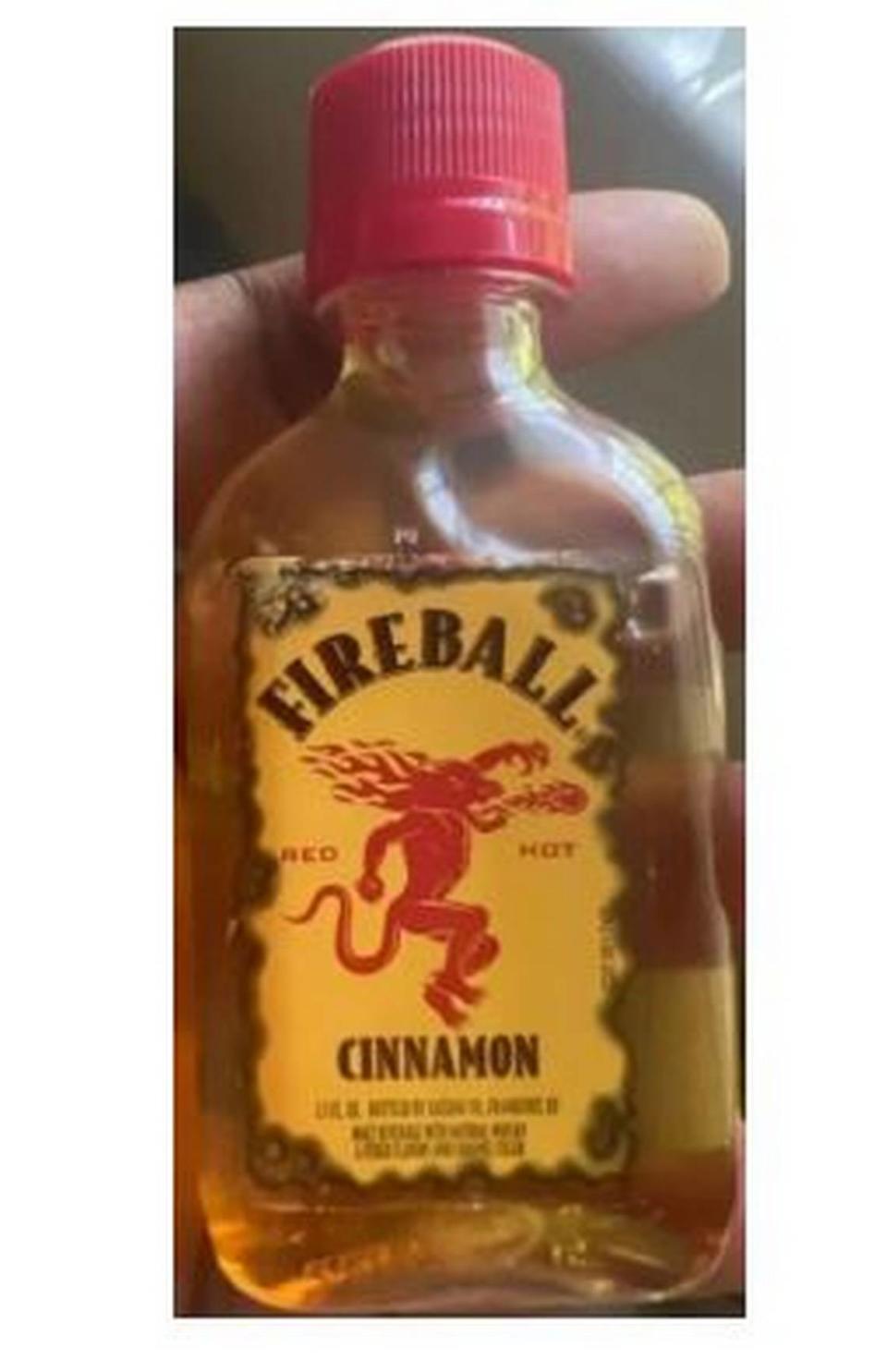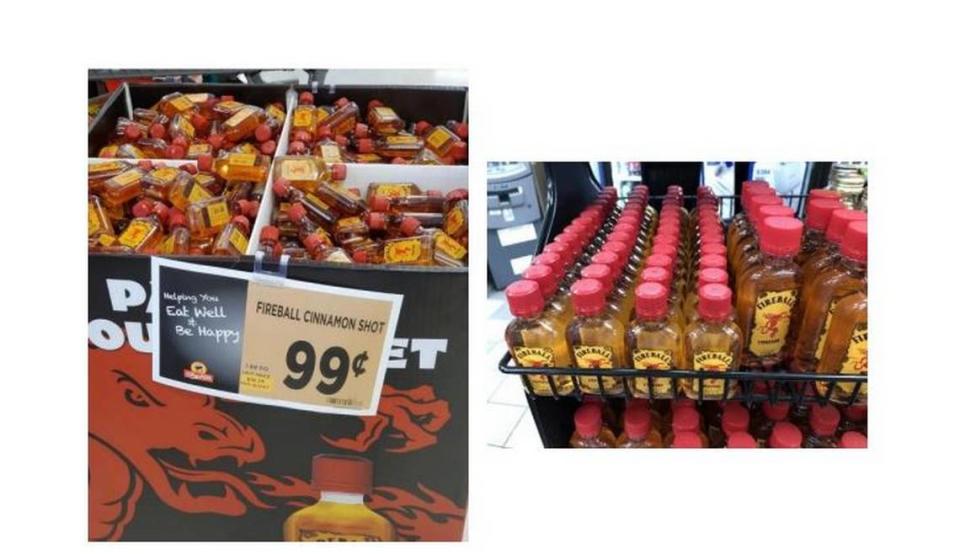Makers of Fireball accused of fraud over different version of popular whiskey drink
A potential class-action lawsuit has been filed against Sazerac over the company’s biggest label, Fireball.
The suit, filed earlier this month in federal court in Illinois against the distiller based in Kentucky and New Orleans, alleges fraud over a version of the popular Fireball mini bottles that contain virtually no whiskey.
“Fireball Cinnamon” instead is a flavored malt beverage, according to its label, which is slightly different from the original “Fireball Cinnamon Whisky” label.
The spirit is hugely popular: Sazerac recently disclosed in a separate lawsuit that Fireball is its biggest-selling brand by volume and revenue, beating out the company’s premium Kentucky bourbons including Pappy Van Winkle, Buffalo Trace, Blanton’s and more.
The company has not yet filed its response to the complaint and Sazerac does not comment on litigation.
What’s the difference between Fireball Cinnamon and Fireball Cinnamon Whisky?
The 50ml bottles of Fireball Cinnamon are sometimes sold for 99 cents in big bins as drink shots usually in places where hard liquor sales are not permitted such as grocery stores and gas stations.


Fireball Cinnamon Whisky also is sold in 50ml bottles and also for cheap prices but usually in liquor stores. You can pick up a sleeve of 10 for under $10 in some stores.
Although the labels look similar, the difference between the two is big: The liquor store version packs twice the punch.
The original Fireball Cinnamon Whisky is 66 proof and is made of whisky with natural cinnamon flavor, according to its label.
The malt beverage version’s label, which says “Fireball Cinnamon” without the whisky, says it is 33 proof and made of malt beverage with “natural whisky and other flavors and caramel color.”

Whisky, as defined by the federal alcohol standards, is a distilled, aged spirit; flavored malt beverages are different and use neutral spirits that are flavored with other ingredients. Federal standards limit the amount of flavoring that comes from alcohol in these kinds of drinks to only 1.5 percent of the final product, so the amount of whisky would be very small.
According to the suit filed over Fireball, the malt beverage version’s label “misleads consumers into believing it is or contains distilled spirits.”
The plaintiff in the case, Anna Marquez, bought Fireball Cinnamon at Jewel-Osco in Niles, Ill., “and expected the Fireball Cinnamon was whisky and/or contained whisky,” according to the suit.
The lawsuit is seeking certification as a class-action to represent all purchasers of Fireball Cinnamon, with damages in excess of $5 million. It seeks to represent consumers in Illinois, North Dakota, Wyoming, Idaho, Alaska, Iowa, Mississippi, Arkansas, Kansas, Arizona, South Carolina or Utah who purchased Fireball Cinnamon.
According to the Washington Post, the lawyer who filed the lawsuit is Spencer Sheehan, a plaintiff’s attorney famous for filing similar suits against food companies.

